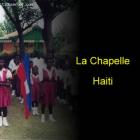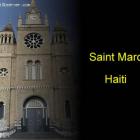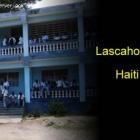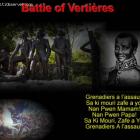Reasons why Some Afro-Latinos Don't hold on to Their African Roots
ADVERTISEMENT
The reasons for this phenomena, highlighted on forms where Afro-Latinos have to classify themselves as one or the other, can be ascribed to a number of factors, not the least of which is language. One needs only think of Haiti and Dominican Republic to understand this. Haitians, who speak Creole, tend to identify as black, while Dominicans, who speak Spanish, identify as white. The issue is that people tend to identify with others who speak their own language, and Spanish is not an African language.
Another reason for the trend is that Latinos, unlike Africans, tend to identify their race with their countries rather than with a people. While Africans from all over the continent are called African, Latinos tend to prefer being identified by their country of origin. One other factor that influenced the preference is that of colonization by the Europeans. Those who conquered the lands of South America declared them peopled by Spanish, Catholic and white peoples. That classification has stuck even though, in a country like Dominican Republic, less than a percent of the population can be called European.
Finally, a stigma that so defines what it means to be African, slavery presents a less-than-savory tie that keeps it largely unmentioned in most non-African societies. The habit of not acknowledging this aspect of African history means that a large chunk of African heritage remains unspoken of and thus, not passed down within the Latino community.
Read more: Race, Newsletter Articles, Haiti
« Was Anténor Firmin a Prophet? | Main | Winning logo for "Nou Tout Sanble, menm lè nou diferan" contest »
Leave a Reply
Name (required) E-mail (required, will not be published)
» »
Our objective is to share with you news and information about Haiti and the people of Haiti. Traditions, habits and the way we were or grew are alive in this site. We highly recommend that you Subscribe to our Newsletter and also share with us some of the things that are memorable and made us unique people.


 La Chapelle, Haiti
La Chapelle, Haiti  Haitian Thanksgiving
Haitian Thanksgiving  Saint Marc, Haiti
Saint Marc, Haiti  Lascahobas, Haiti
Lascahobas, Haiti  Battle of Vertieres
Battle of Vertieres